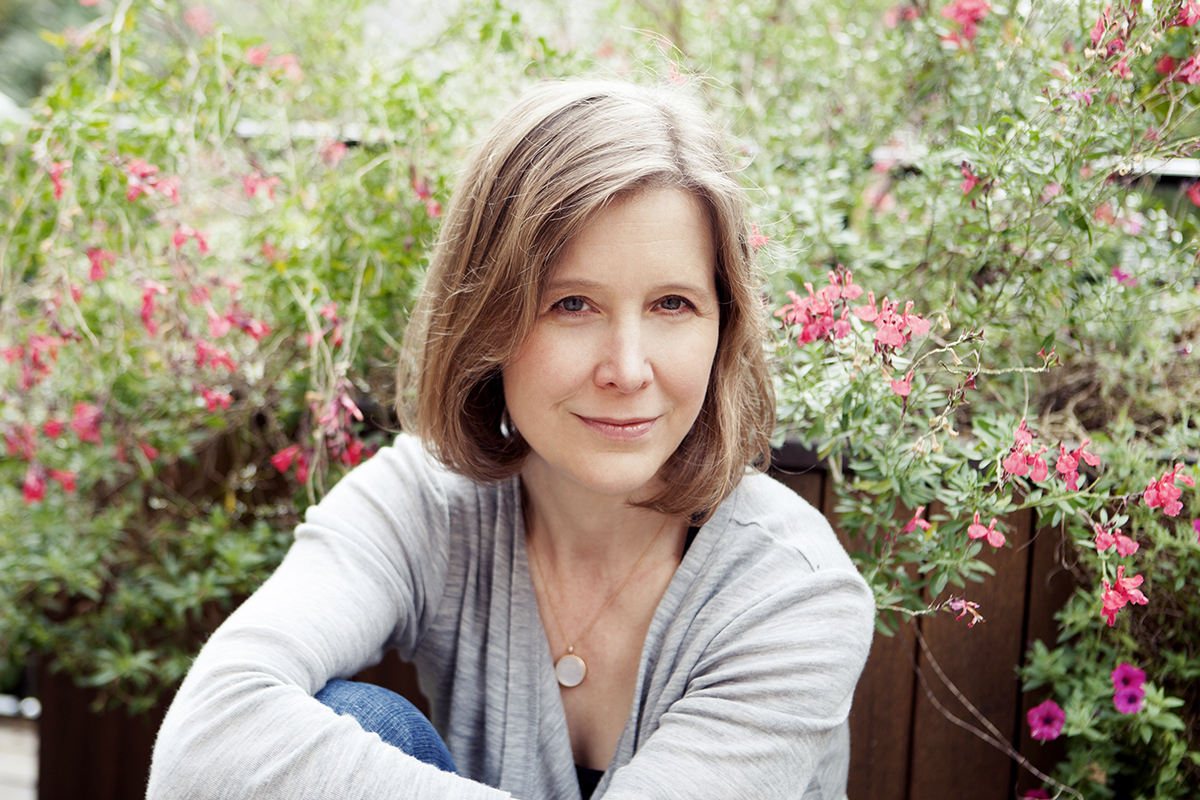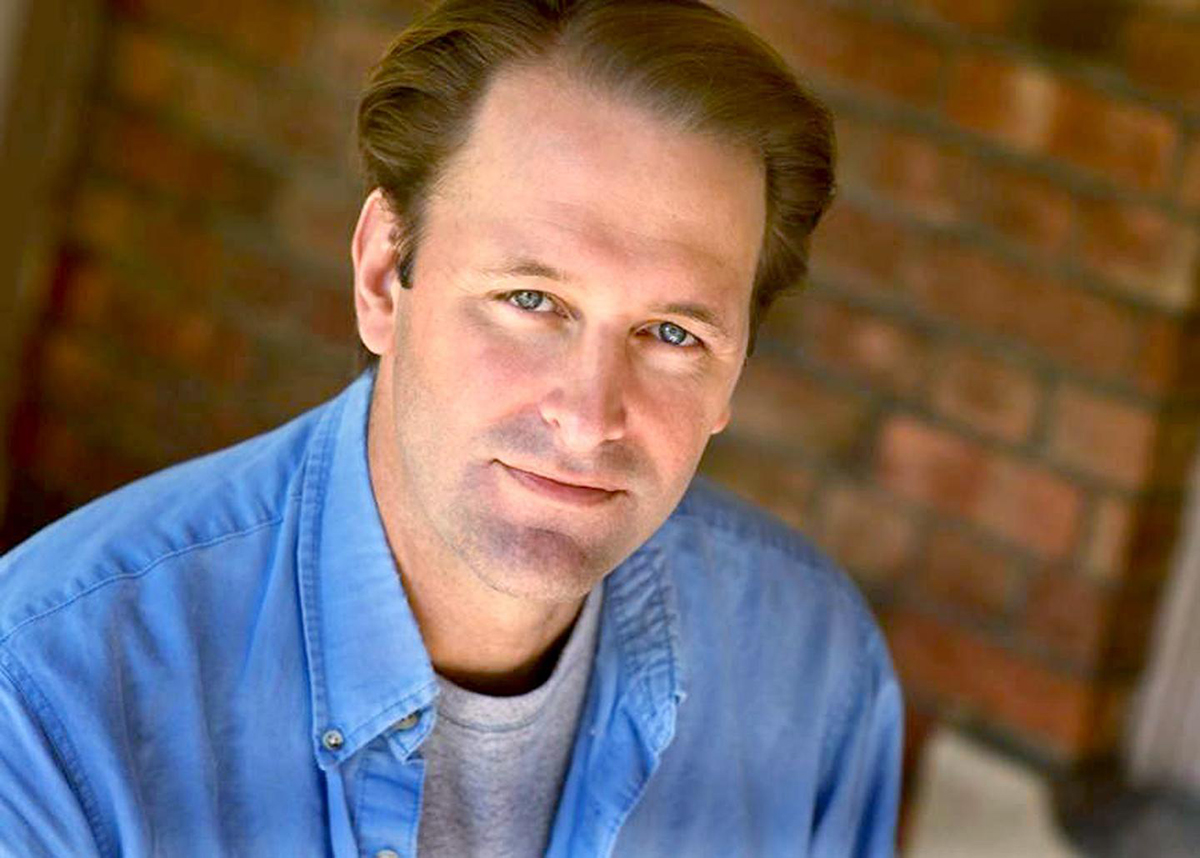Michael Ruhlman, author of more than 20 books about food, once wanted to be known for something else.
“After I became sort of successful at it, I wanted to distance myself from it — I wanted to be a novelist, a writer of ‘important’ things, not something as frivolous or self-satisfying as food,” Ruhlman said.
He’s changed his mind, though.
“As time went by, I realized that no, in fact, food was a very important thing to be writing about, maybe the most important thing to be writing about right now,” Ruhlman said.
Ruhlman will discuss why food matters at 10:45 a.m. Tuesday in the Amphitheater as part of Week Nine’s “At the Table: Our Changing Relationship with Food” programming.

For the presentation, he’ll be interviewed by author Ann Patchett. Patchett is also one of the Chautauqua Literary and Scientific Circle authors for the week.
Patchett last spoke at Chautauqua in 2016 as part of the “Roger Rosenblatt & Friends: On Creative Expression” programming, and Ruhlman visited in 2008 with chef Dan Barber as part of the “What’s For Dinner? Food and Politics in the 21st Century” programming.
Ruhlman said he met Patchett at the American Booksellers Association Winter Institute.
“That’s when she said, ‘You should come to Chautauqua — we’re talking about food,’ ” Ruhlman said.
Ruhlman said he’s a big fan of Patchett’s work and is “honored to be sharing a stage with her” so they can talk about why people should be more conscious of the food they buy, cook and eat.
“It’s kind of funny that we have to say that food is important,” Ruhlman said.
They’ll likely discuss Ruhlman’s most recent book, Grocery: The Buying and Selling of Food in America, as well as the state of food in the United States more generally, Ruhlman said.
People have access to food like never before in human history, Ruhlman said, and it’s never been easier to get food because of 24-hour grocery stores and restaurants.
“Is food a problem?” Ruhlman said. “You wouldn’t think so because it’s so ubiquitous and easy to get and so cheap. But we’ve taken it for granted. And because we’ve taken it for granted, we haven’t cared about who makes our food, who produces it and why they’re doing what they’re doing.”

Ruhlman said a seminal work that helped him see food as an important, immediate subject and not a frivolous one was Catching Fire: How Cooking Made Us Human by Richard W. Wrangham. It changed his perspective, Ruhlman said, because Wrangham argued that it wasn’t a genetic fluke or the taming of fire that allowed humans to evolve, but the act of cooking food.
“Once we started cooking food, we got all kinds of calories very quickly,” Ruhlman said. “It made us healthy, and therefore, our genes spread. It changed the shape of our bodies: our guts shrank, our jaws shrank, our brains grew.”
It civilized people, too, Ruhlman said. People had to figure out how to hunt, gather, grow and cook — together.
“We had to be thoughtful of one another, you had to be courteous — you couldn’t be an asshole, or you wouldn’t get any food or get to share in this bounty of cooked food,” Ruhlman said. “We learned to work together, we learned to cooperate.”
That’s an ancient example, but it’s something to consider when people think about their relationship with food now, and why that relationship matters.
It’s especially important at a moment when consumers have such enormous power, Ruhlman said.
“We — more than grocery stores, more than food manufacturers — determine what is available to us,” Ruhlman said. “If you buy crappy food, you’re going to get more of it because they will replace it. If you buy really good food, they’ll replace it. They’re not making judgment calls — it’s up to us to make the judgment calls and to choose our food wisely.”
Consumers have to be more aware of that power they have, Ruhlman said.
“If we aren’t conscious about it, if we don’t pay attention to it, it too easily goes bad on us, simply because we give over food production to manufacturers and companies that don’t care about our well-being, they only care about their bottom line,” Ruhlman said. “It’s important for us to be conscious about our food because without it, life is no fun. We’re unhealthy, we miss out on so many of the great pleasures of being alive.”
And, besides those pleasures, food is essential to our existence, Ruhlman said.
“Without food, we can’t even discuss the rest of the day,” Ruhlman said. “Food is more important than Trump and this catastrophic presidency that we’re watching fall apart. Food is more important than ISIS and terrorism. If we don’t have food, we die.”




